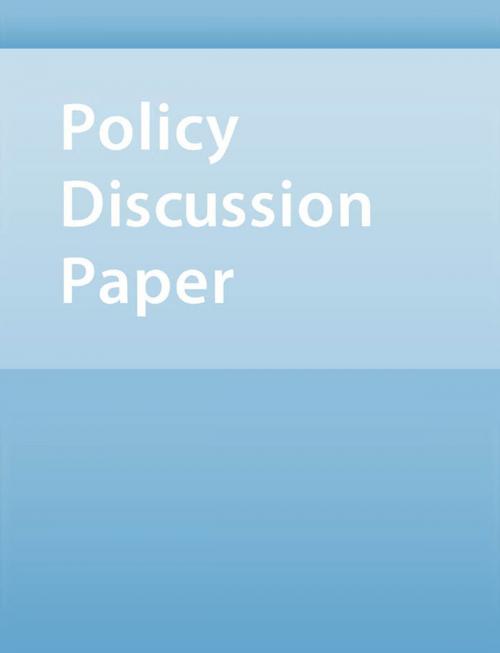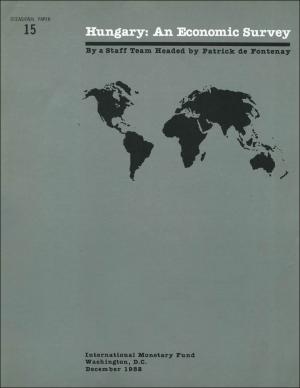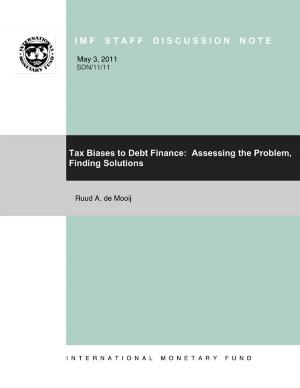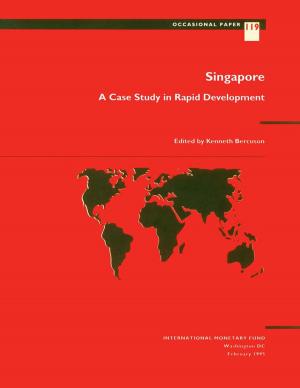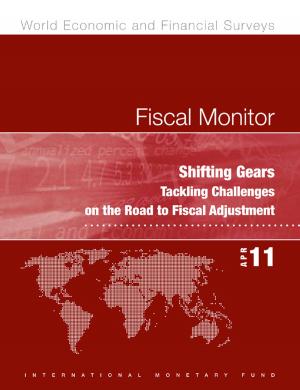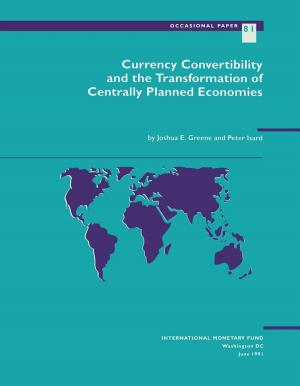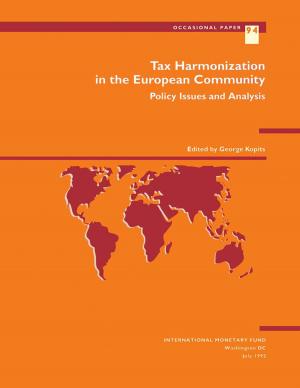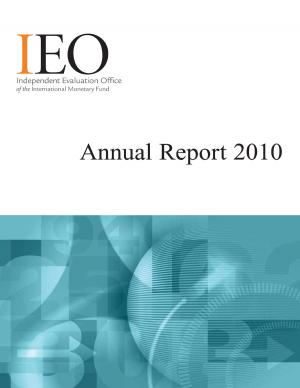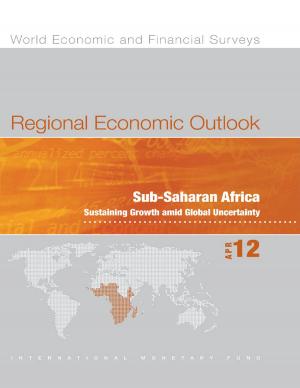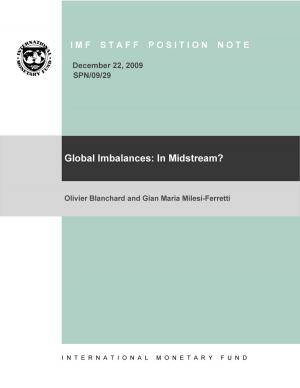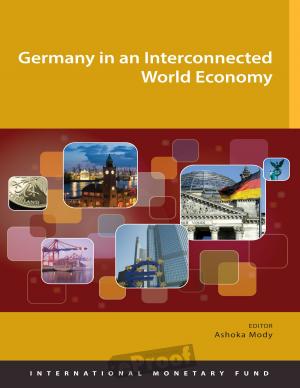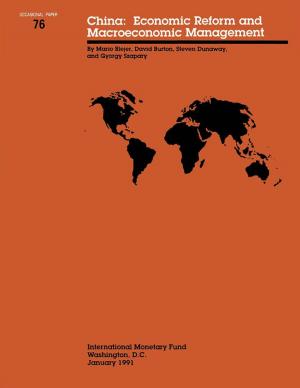The Energy Sector Reform and Macroeconomic Adjustment in a Transition Economy: The Case of Romania
Business & Finance, Economics, Money & Monetary Policy, International Economics, Nonfiction, Social & Cultural Studies, Political Science, Politics, Economic Policy| Author: | Stéphane Mr. Cossé | ISBN: | 9781455249794 |
| Publisher: | INTERNATIONAL MONETARY FUND | Publication: | April 1, 2003 |
| Imprint: | INTERNATIONAL MONETARY FUND | Language: | English |
| Author: | Stéphane Mr. Cossé |
| ISBN: | 9781455249794 |
| Publisher: | INTERNATIONAL MONETARY FUND |
| Publication: | April 1, 2003 |
| Imprint: | INTERNATIONAL MONETARY FUND |
| Language: | English |
This paper assesses the main issues faced by the energy sector in a transition economy such as Romania and their macroeconomic dimension. It examines how the size of quasi-fiscal subsidies, owing mainly to inappropriate prices and the lack of financial discipline, has led to an increased focus on the energy sector under the IMF-supported programs. The paper analyzes the macroeconomic impact of recent reform measures and discusses the next steps to improve price policy and collection in energy utilities. Shifting to targeted budgetary subsidies appears also to be a crucial reform step.
This paper assesses the main issues faced by the energy sector in a transition economy such as Romania and their macroeconomic dimension. It examines how the size of quasi-fiscal subsidies, owing mainly to inappropriate prices and the lack of financial discipline, has led to an increased focus on the energy sector under the IMF-supported programs. The paper analyzes the macroeconomic impact of recent reform measures and discusses the next steps to improve price policy and collection in energy utilities. Shifting to targeted budgetary subsidies appears also to be a crucial reform step.
